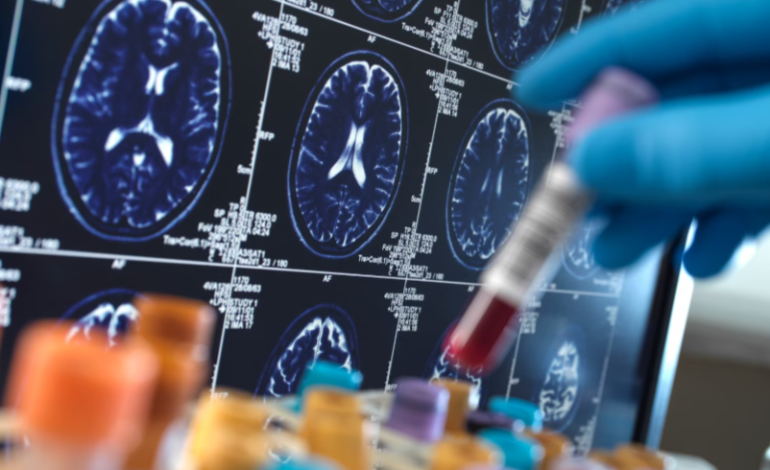The Alzheimer’s Association is encouraging healthcare providers to adopt newer methods for early diagnosis of Alzheimer’s disease, highlighting the potential of recent innovations in testing and treatment to improve patient outcomes, ABC News reports.
According to a new report, recent developments—including simple blood tests and newly approved medications—are reshaping how Alzheimer’s disease can be detected and managed. Although blood tests for Alzheimer’s are not yet approved for routine clinical use, they have demonstrated diagnostic accuracy rates of up to 91% in research settings. These tests may eventually replace more invasive and costly procedures like PET scans or spinal taps, which are currently required to detect signs of the disease such as amyloid plaques or abnormal protein levels.
“If you get a diagnosis early, you’re actually able to access treatments that you cannot take later on in the disease process,” said Dr. Elizabeth Edgerly, a clinical psychologist and spokesperson for the Alzheimer’s Association.
Early diagnosis is particularly important given the recent FDA approval of two new treatments—Leqembi and Kisunla—that can slow the progression of early-stage Alzheimer’s. These medications offer hope for preserving memory and cognitive abilities longer, potentially allowing individuals to maintain independence and quality of life for a greater period. However, they also come with limitations, including eligibility restrictions, high costs, and potential side effects such as brain swelling or bleeding.
The report also introduces ALZ-NET, a nationwide tracking system designed to monitor the long-term safety and effectiveness of these new therapies in real-world settings. This system aims to provide insight into which patients benefit most from early interventions.
In addition to technological advances, the report emphasizes the importance of addressing modifiable risk factors. While age and genetics are unchangeable, lifestyle-related factors such as diet, blood pressure, hearing health, and physical activity can influence a person’s risk. Dr. Edgerly noted that nearly half of all dementia cases may be preventable through better management of these modifiable risks.
“I could help reduce my risk of getting Alzheimer’s in later life if I’m really good about treating high blood pressure in my 40s and 30s,” she said.
Alzheimer’s disease, the most common form of dementia, can begin developing decades before symptoms appear and currently affects more than 7 million Americans. That number is expected to climb to over 13 million by 2060.










The latest news in your social feeds
Subscribe to our social media platforms to stay tuned